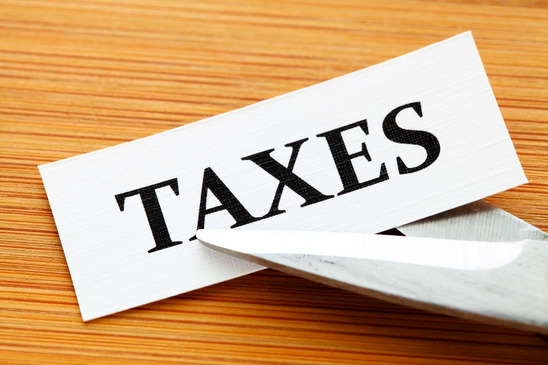Tax time is never enjoyable, particularly if you are a small business owner. However, taking full advantage of all of the deductions to which you are entitled can minimize at least some of the sting. Give Uncle Sam his due, but be sure you don’t short-change yourself in the process.
Keep Track and Organize All Deductions
To begin with, don’t neglect the obvious. Be sure that you take deductions for things like charitable donations, wages and retirement benefits, improvements to your property and equipment upgrades, advertising your business, keeping your telecommunications system running and the cost of the goods you have sold. Keeping track of all of these variables requires attention to detail as well as an ongoing organizational plan. If these are in place, it will be much easier to compile all of the relevant data necessary to file your return.
Speaking of organization, documentation is key. This is particularly relevant when it comes to taking deductions for business-related entertainment and meals. As long as you can present concrete proof that a new lead or client referral resulted from the meeting, you can deduct the cost. Just be sure you save all receipts and carefully note the business purpose of the meal or event. For those under $75, a bank statement including similar explanations is sufficient proof.
Lesser-Known Deductions
If you run your business out of a home office, don’t forget that this can be deducted. However, also be aware that the space must be solely used for business purposes. It cannot function as half office-half entertainment room. There is now a simplified home office deduction of $5 per square foot up to 300 square feet.
Another often overlooked deduction source is your small business insurance. You can definitely deduct what you pay in premiums since the IRS considers this part of the cost of doing business. If you have questions as to the nature and cost of your coverage, remember that your insurance agent does much more than just offer simple insurance quotes. He or she can also give you guidance as to what you can deduct when it comes to your coverage costs.
Now that your business is up and running and profits are coming in, it may not occur to you that you can deduct costs that you incurred before you got things off the ground. These can include continuing education courses, books, vehicles and even computers that you eventually recruited for business use. The only catch is that you must have been meticulous about your record keeping all along.
Look to the Future
Finally, start thinking about tomorrow now. Hire a tax professional who can help you to come up with strategies that you can take along with you on your path to success. This person can also give you invaluable suggestions on how to keep the records that will later be used to document your activities and form the justification for the deductions you take five and even 10 years in the future. Taking these actions now could save you a boatload of money down the road.
Paying taxes can provoke a great deal of anxiety in even the most stalwart entrepreneur. Don’t let yourself take the easy way out simply due to fear. With organization and accurate documentation as well as the help of a professional consultant, even the most wary business owner can use the legal deductions offered by the IRS to full advantage.

